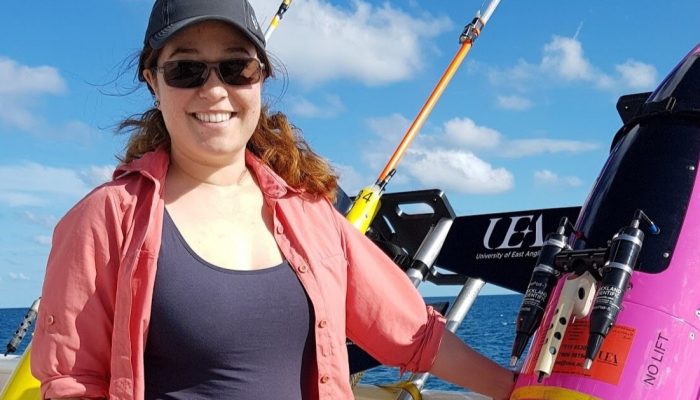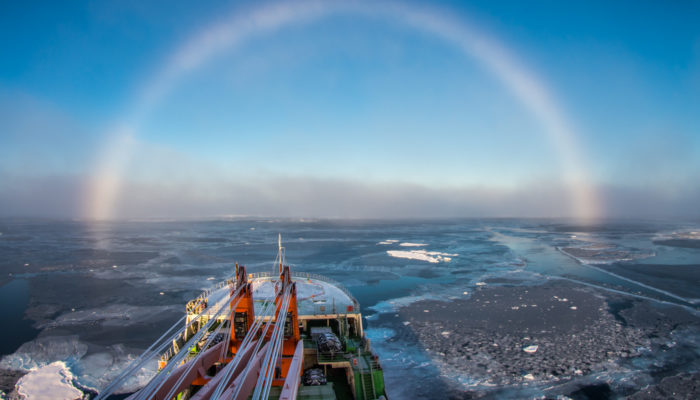This week on 21st June, governments around the world observed World Hydrography Day to celebrate the role of hydrography in understanding the seas. Though initially thought to be a field limited to the navigation of ships, hydrography is being increasingly recognized for its knowledge contribution to the oceans, seas, coastal areas, lakes and rivers, as well as with predicting their change over ti ...[Read More]
GeoTalk: Eleanor Frajka-Williams, the 2017 Ocean Sciences Division Outstanding Early Career Scientists Awardee

Geotalk is a regular feature highlighting early career researchers and their work. Following the EGU General Assembly, we spoke to Eleanor Frajka-Williams, the 2017 Ocean Sciences Division Outstanding Early Career Scientists awardee. In her work, Eleanor uses real-world measurements – from ships, satellites, sea gliders and moorings – to understand how the world’s oceans work. In today ...[Read More]
Momentous discoveries in oceanography
Earlier this month, one of our network bloggers, Matt Herod, put out a call for posts on momentous discoveries in geology as part of a well-known geoscience blog carnival, The Accretionary Wedge. With so many geoscience disciplines to choose from, and an immense wealth of exciting discoveries across the Earth sciences, choosing just one momentous discovery was no easy task. Much of my background i ...[Read More]
Imaggeo on Mondays: Surface spirals
This week’s Imaggeo on Mondays is no ordinary image; it’s a snapshot of surface ocean speeds and the extent of ice cover in the North Atlantic. It was produced using a high resolution model of ocean eddies – high resolution here means that details are simplified into grids 3 km across, or one 20th of a degree. Three kilometres may sound like a pretty large area, but in oceanographic modelling, thi ...[Read More]

